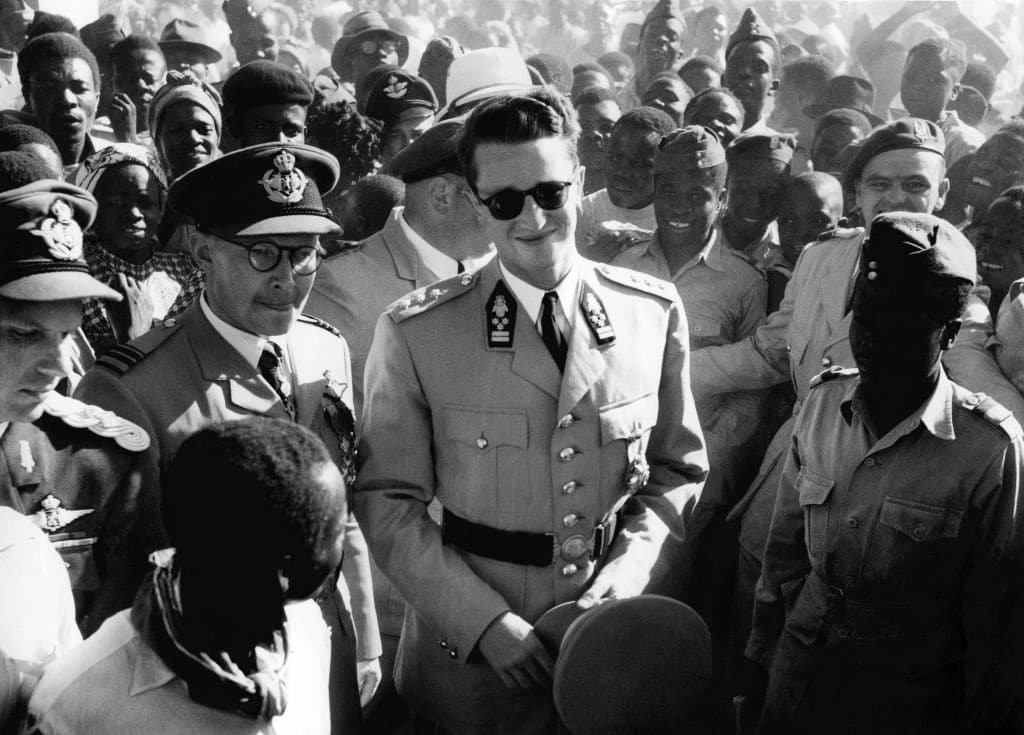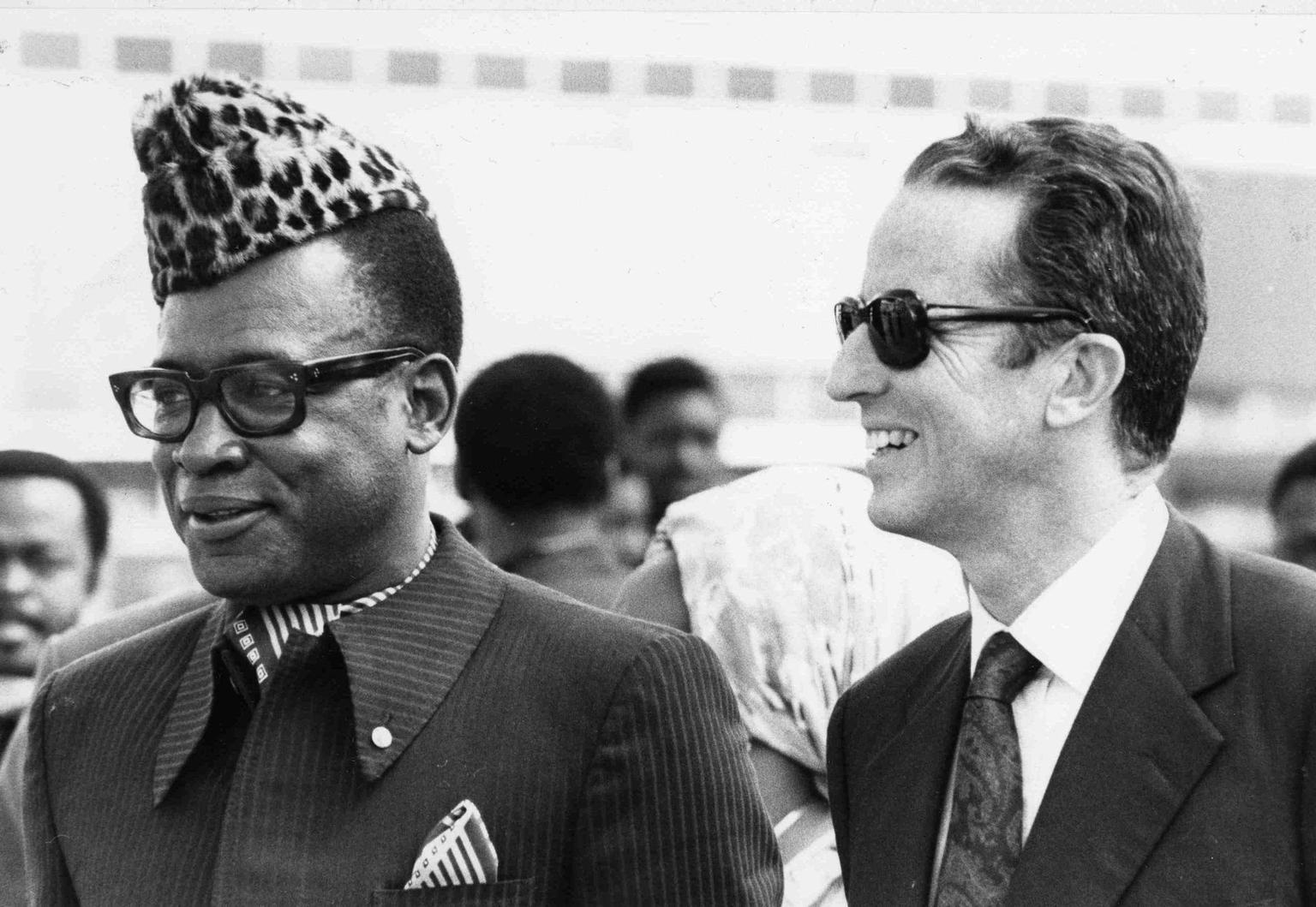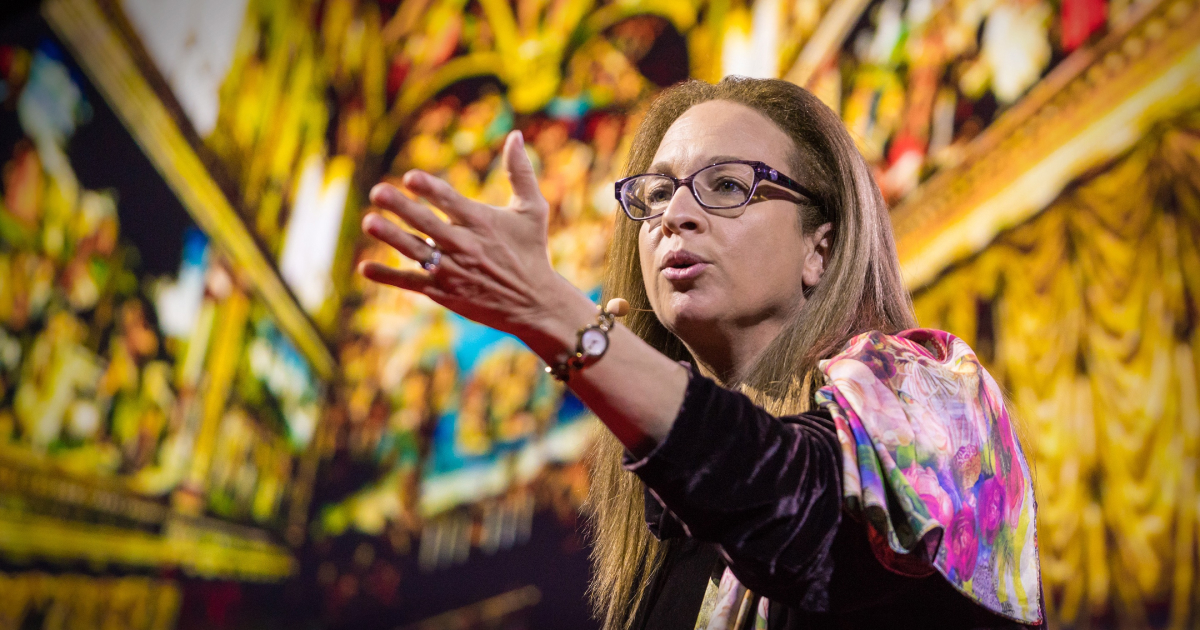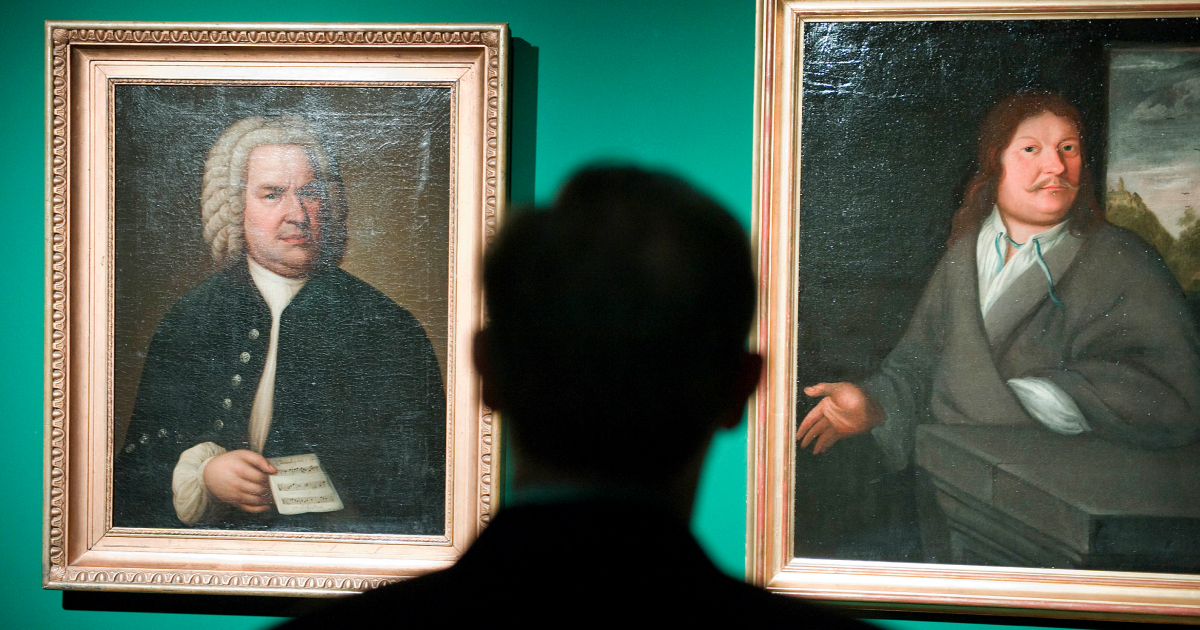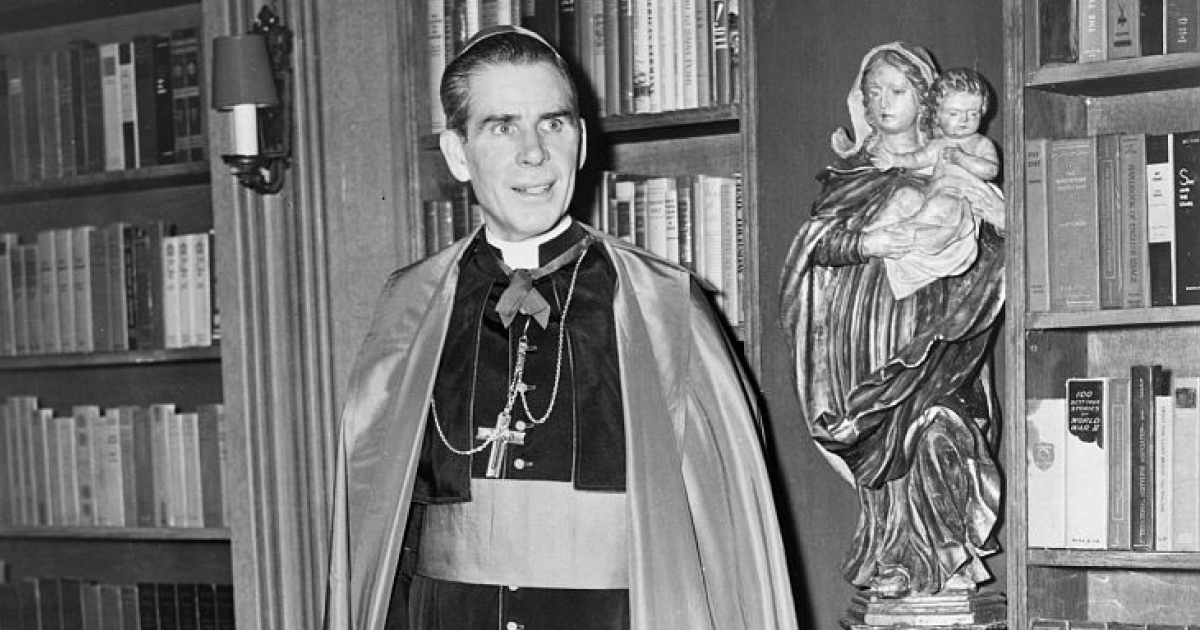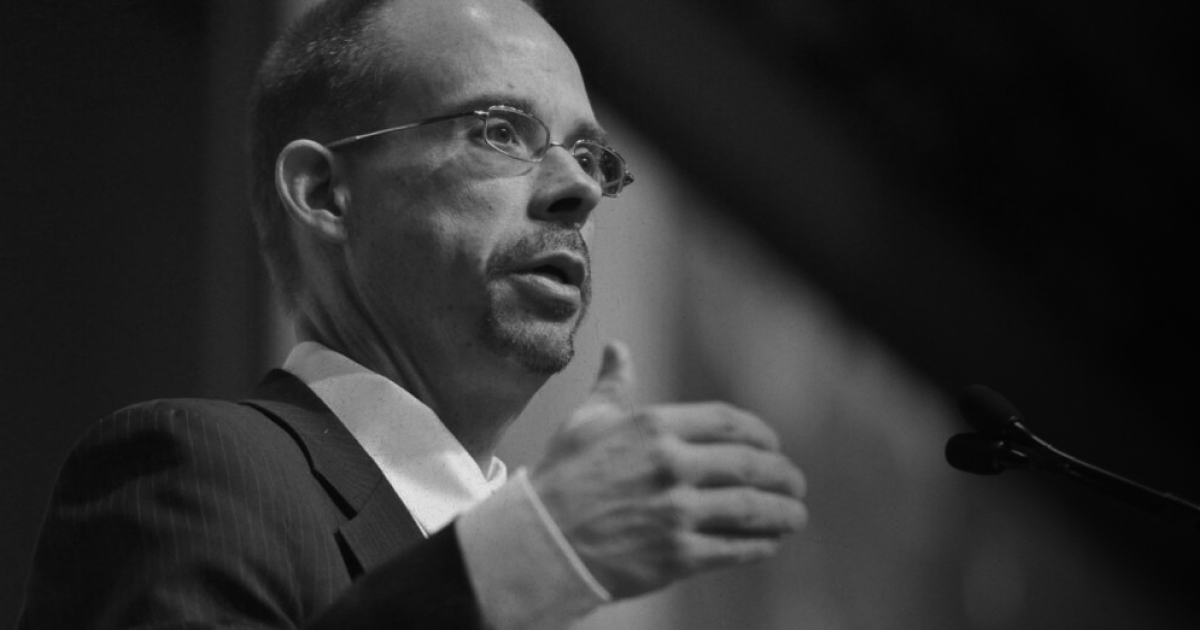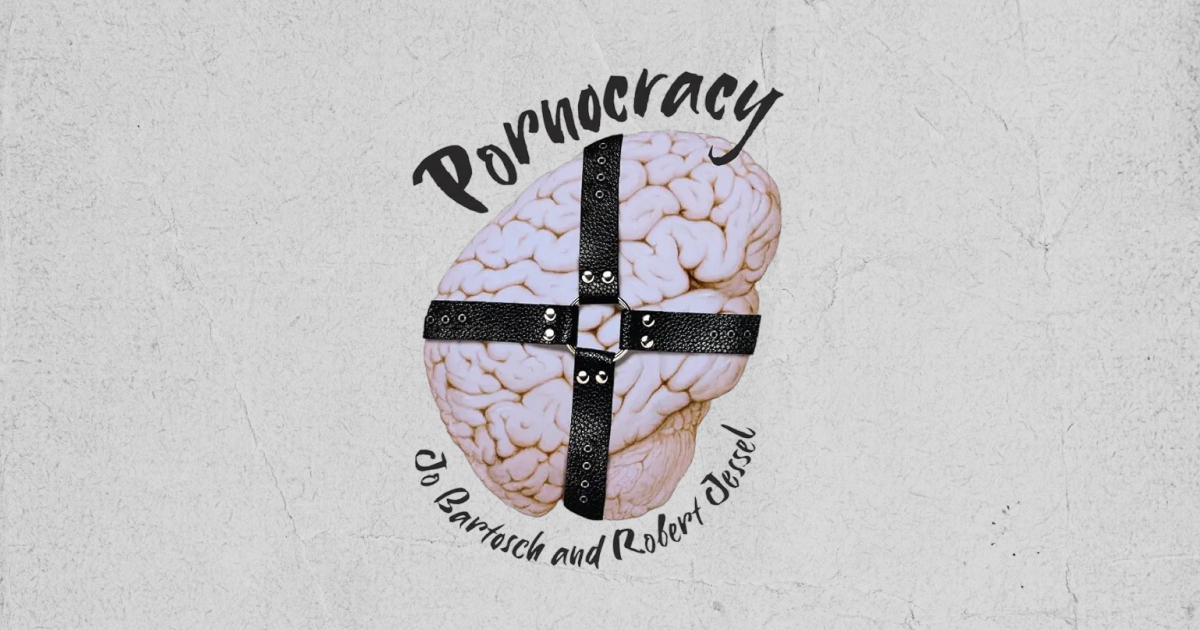One of Africa’s most senior prelates has pushed back against Pope Francis’s plans to start the beatification process for Belgium's late King Baudouin, a devout Catholic who once resigned the throne for a day rather than sign a law legalising abortion.
Cardinal Fridolin Ambongo of Kinshasa in the Democratic Republic of Congo has raised a red flag about the “hasty beatification", on the grounds that there are still questions about Baudouin’s role in the assassination of independent Congo’s first Prime Minister, Patrice Lumumba, in 1961. Ambongo has said that there is “a dark spot” regarding Baudouin’s legacy.
During the Pope's recent trip to Belgium at the end of September, Francis announced plans to start a beatification for the country’s late king.
“Upon my return to Rome, I will start the beatification process of King Baudouin,” Francis wrote on X on 29 September. “May his example as a man of faith illuminate all leaders.”
But Cardinal Ambongo, attending a 22 October press conference at the Vatican, stated: “Something happened, we know, with the death of Prime Minister Lumumba", alluding to potential involvement from Baudouin.
Lumumba, who was 35 at the time of his death, had been a leading figure in the African colony’s drive for independence from Belgium, which finally came in June 1960. Shortly thereafter, a mutiny erupted among the country’s armed forces, which eventually resulted in army commander Mobutu Sese Seko deposing the Lumumba government in favour of a regime that carried out his execution.
Lumumba was shot to death on 17 January 1961, along with his associates Joseph Okito and Maurice Mpolo. Although the execution officially was carried out with the approval of the new Congolese government and its Belgian advisers, it was widely believed that it also had the tacit approval of the United States. Observers and historians have also faulted negligent United Nations supervision.
In 2002, Belgium formally apologised for its role in the execution.
A pan-African nationalist in terms of ideology, Lumumba remains a powerful icon for many Africans of resistance to both colonialism and corrupt local authorities alike, symbolising the prospects for a genuinely democratic and self-reliant Africa.
Ambongo’s reticence towards the beatification of the former Belgian King, however, isn’t just limited to his perceived role in the assassination of Lumumba. It also has to do with the legacy of Belgian colonialism, and what Baudouin thought about it.
Baudouin ascended the throne in 1950 as an adolescent, taking over from his father, King Leopold III. His great-granduncle, King Leopold II, had turned what was then known as the Congo Free State into his personal possession following an invasion in 1885, setting off what has since been termed the “Congolese genocide”.
Even by colonial standards, Leopold II’s rule was brutal, with the people of the Congo coerced into labouring for valuable resources, such as rubber and ivory, to personally enrich King Leopold. Estimates vary, but about half of the Congolese population died from torture and starvation. Many had their hands or legs amputated.
Yet King Baudouin, who is credited for granting independence to the Congo in 1960, nonetheless is on record praising his great-grand uncle’s rule, saying at one point that Leopold II was “not a conqueror, but a civilizer”.
“The independence of the Congo is the culmination of a work conceived by the genius of King Leopold II, undertaken by him with tenacious courage and continued with perseverance by Belgium,” Baudouin said during a speech announcing the colony’s impending freedom.
On the day of independence, Lumumba gave a speech that berated the Belgian regime for its “injustice, oppression and exploitation”, as well as “persecution of free thought”.
That speech enraged Baudouin, who threw his support behind secessionist forces. Many historians and researchers believe Baudouin was also informed of the plot to assassinate Lumumba.
These concerns have made Ambongo and other leading Catholics in the DRC nervous about the possibility of canonising the former king.
“King Baudouin assassinated Patrice Lumumba,” wrote Congolese journalist Gregoire Tshibingu on X on 30 September. “Opening a process with a view to his beatification denotes a habitual culture which has nothing to do with either the faith or the Gospel.”
“We’re going to dig into the past to see what’s there,” Ambongo has vowed – an apparent signal that there could be stiff opposition to the canonisation of the King should it be discovered that Lumumba’s blood was on his hands.
Nonetheless, Ambongo said that if historical evidence vindicates Baudouin, the Congolese Church won’t stand in the way of his beatification, a point reiterated by others.
“If the case moves in the direction that some people want, in order to present him for canonisation, we are open to it,” said the President of the Symposium of Episcopal Conferences of Africa and Madagascar (SECAM) and Archbishop of Kinshasa.
“If the dossier works for us, he was a courageous religious politician,” Ambongo said. “It is being studied, we remain open, and we follow it like everyone else.”
Photo: Picture taken in 1955 showing King Baudouin of Belgium as he visits the colonial military base of Kamina in Congo. (Photo by -/BELGA/AFP via Getty Images.)
One of Africa’s most senior prelates has pushed back against Pope Francis’s plans to start the beatification process for Belgium's late King Baudouin, a devout Catholic who once resigned the throne for a day rather than sign a law legalising abortion.
Cardinal Fridolin Ambongo of Kinshasa in the Democratic Republic of Congo has raised a red flag about the “hasty beatification", on the grounds that there are still questions about Baudouin’s role in the assassination of independent Congo’s first Prime Minister, Patrice Lumumba, in 1961. Ambongo has said that there is “a dark spot” regarding Baudouin’s legacy.
During the Pope's recent trip to Belgium at the end of September, Francis announced plans to start a beatification for the country’s late king.
“Upon my return to Rome, I will start the beatification process of King Baudouin,” Francis wrote on <em>X</em> on 29 September. “May his example as a man of faith illuminate all leaders.”
But Cardinal Ambongo, attending a 22 October press conference at the Vatican, stated: “Something happened, we know, with the death of Prime Minister Lumumba", alluding to potential involvement from Baudouin.
Lumumba, who was 35 at the time of his death, had been a leading figure in the African colony’s drive for independence from Belgium, which finally came in June 1960. Shortly thereafter, a mutiny erupted among the country’s armed forces, which eventually resulted in army commander Mobutu Sese Seko deposing the Lumumba government in favour of a regime that carried out his execution.
Lumumba was shot to death on 17 January 1961, along with his associates Joseph Okito and Maurice Mpolo. Although the execution officially was carried out with the approval of the new Congolese government and its Belgian advisers, it was widely believed that it also had the tacit approval of the United States. Observers and historians have also faulted negligent United Nations supervision.
In 2002, Belgium formally apologised for its role in the execution.
A pan-African nationalist in terms of ideology, Lumumba remains a powerful icon for many Africans of resistance to both colonialism and corrupt local authorities alike, symbolising the prospects for a genuinely democratic and self-reliant Africa.
Ambongo’s reticence towards the beatification of the former Belgian King, however, isn’t just limited to his perceived role in the assassination of Lumumba. It also has to do with the legacy of Belgian colonialism, and what Baudouin thought about it.
Baudouin ascended the throne in 1950 as an adolescent, taking over from his father, King Leopold III. His great-granduncle, King Leopold II, had turned what was then known as the Congo Free State into his personal possession following an invasion in 1885, setting off what has since been termed the “Congolese genocide”.
Even by colonial standards, Leopold II’s rule was brutal, with the people of the Congo coerced into labouring for valuable resources, such as rubber and ivory, to personally enrich King Leopold. Estimates vary, but about half of the Congolese population died from torture and starvation. Many had their hands or legs amputated.
Yet King Baudouin, who is credited for granting independence to the Congo in 1960, nonetheless is on record praising his great-grand uncle’s rule, saying at one point that Leopold II was “not a conqueror, but a civilizer”.
“The independence of the Congo is the culmination of a work conceived by the genius of King Leopold II, undertaken by him with tenacious courage and continued with perseverance by Belgium,” Baudouin said during a speech announcing the colony’s impending freedom.
On the day of independence, Lumumba gave a speech that berated the Belgian regime for its “injustice, oppression and exploitation”, as well as “persecution of free thought”.
That speech enraged Baudouin, who threw his support behind secessionist forces. Many historians and researchers believe Baudouin was also informed of the plot to assassinate Lumumba.
These concerns have made Ambongo and other leading Catholics in the DRC nervous about the possibility of canonising the former king.
“King Baudouin assassinated Patrice Lumumba,” wrote Congolese journalist Gregoire Tshibingu on <em>X</em> on 30 September. “Opening a process with a view to his beatification denotes a habitual culture which has nothing to do with either the faith or the Gospel.”
“We’re going to dig into the past to see what’s there,” Ambongo has vowed – an apparent signal that there could be stiff opposition to the canonisation of the King should it be discovered that Lumumba’s blood was on his hands.
Nonetheless, Ambongo said that if historical evidence vindicates Baudouin, the Congolese Church won’t stand in the way of his beatification, a point reiterated by others.
“If the case moves in the direction that some people want, in order to present him for canonisation, we are open to it,” said the President of the Symposium of Episcopal Conferences of Africa and Madagascar (SECAM) and Archbishop of Kinshasa.
“If the [beatification] dossier works for us, [it will prove] he was a courageous religious politician,” Ambongo said. “It is being studied, we remain open, and we follow it like everyone else.”
<em>Photo: Picture taken in 1955 showing King Baudouin of Belgium as he visits the colonial military base of Kamina in Congo. (Photo by -/BELGA/AFP via Getty Images.)</em>





